Client AlertsEmployment & LaborFTC Issues Clumsy, Overbroad Noncompete Rule. Luckily, It Probably Will Fail.
By Alicia Samolis, Sean Fontes, Morgan Hedly, and Michael Gamboli On April 23, 2024, the Federal Trade Commission (FTC) issued a final rule (the “Rule”) which bans businesses from using most noncompete agreements against workers. Surprisingly, the Rule does not contain many exceptions, such as exceptions for noncompetes that are not conditional on continued employment but rather...


